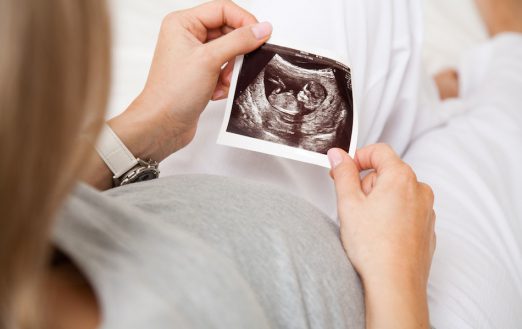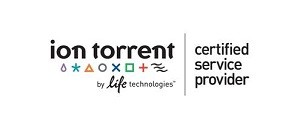In collaboration with Genomis Ltd UK
Fetalis®: in depth genomic analysis of severe fetal abnormalities


InterGenetics presents the newly developed Fetalis® test (see our recent scientific publication), which analyzes rapidly, through massive parallel sequencing (Next Generation Sequencing – NGS), the DNA of approximately 760 genes of the embryo.
These carefully selected genes are associated with many severe disorders and malformations, typically presenting with pathological ultrasound and other abnormal clinical findings in the developing fetus. A positive test result could provide valuable diagnostic information, which in turn may determine the course of the pregnancy and/or provide reproductive risks for future pregnancies.
The purpose of this prenatal genomic test is to determine in a timely manner (<14 days) whether abnormal ultrasonographic and other clinical findings in the fetus may be attributed to any one of >760 gene disorders, through the detection of known or obligatory pathogenic mutations, which typically may have arisen either de novo (dominant mutations) or inherited from carrier parents (recessive mutations).
About 50% of structural ultrasound abnormalities in the fetus are associated with gene mutations, which are not detectable and diagnosed through prenatal molecular karyotype-aCGH
Depending on the type of fetal abnormality, the findings from this genomic test may not be necessarily linked to decisions regarding the possible termination of the current pregnancy. However, a positive test result may uncover the precise underlying genetic cause-disease, which in many cases could prove extremely helpful in reaching a properly informed decision.
Furthermore, it is not uncommon that many pregnancies, with pathological fetal ultrasound findings, are terminated without being able to diagnose the underlying genetic cause, thus leading to uncertainty and serious parental anxiety regarding the possible reoccurrence of the abnormality in the future.
Therefore, application of the Fetalis® genomic test, following expert clinical genetic evaluation for each case, could provide the desirable diagnostic information and protect the couple’s future reproduction. The number of genes and the corresponding genetic disorders may be updated and expanded depending on new scientific knowledge.
Testing requires prior personalized assessment and genetic counseling, through close collaboration between our team of medical geneticists, the attending obstetricians and the parents, in order to highlight the nature and limitations of the test, while the parents must also complete and sign the Consent Form. Positive findings and reproductive options are discussed in the context of a personalized genetic counseling session.
An important prerequisite is to have already excluded the possible presence of chromosomal abnormalities in the fetus, by prior testing through prenatal molecular karyotype-aCGH.
Testing requires a biological sample from the fetus (chorionic villi, amniotic fluid or a tissue sample from the abortus.
The sample is shipped to our laboratory where genomic DNA is extracted, followed by exome enrichment for the ~760 genes and massive parallel sequencing (Next Generation Sequencing – NGS) on an Ion Proton platform. Sequence reads are then aligned and mapped to the human genome reference sequence and all variants and putative mutations are prioritized through a proprietary in-house bioinformatics pipeline (Fetalis algorithm).
This test evaluates and reports only known or obligatory pathogenic mutations, which typically may have arisen either de novo (dominant mutations) or inherited from carrier parents (recessive mutations)
In cases with positive findings, the couple shall be notified that the results will be communicated through an obligatory (online) genetic counseling session.
The test is highly sensitive and complex, so it is necessary that the results are assessed by a specialized team of clinical and molecular geneticists, in order to ensure safe and reliable testing.
Proper clinical genetic assessment and genetic counseling, both before and after testing, is essential in order to determine the optimum testing strategy and also to communicate properly the concepts of pathological and normal.
Test limitations
Results are evaluated and reported based on current knowledge.
Analysis through the applied methodology may not necessarily detect all possible pathogenic mutations for each gene/disease.
Generally, analysis covers a large percentage (~95%) of mutations in exons-coding regions of the genes and may not detect mutations in non-coding regions/introns.
Therefore, a negative result does not exclude totally the presence of a pathogenic mutation in the fetus.
The test is executed in 3-4 weeks
InterGenetics is a Ion Torrent™ Certified Service Provider for Ion AmpliSeq sequencing on the Ion Proton platform.
